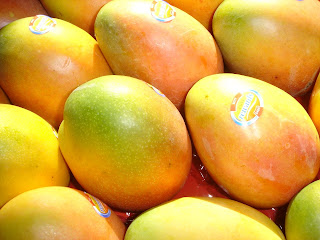
Can a job posting transform one's life? I wouldn't have believed it, but almost to the day I went to Papua New Guinea to work - my life was altered forever. Ever since I was posted to work in Buluma, a small coastal village which lies in between the Hoskin Airport and Kimbe, the capital of West New Britain Province,it had definitely changed my perspective of looking at things. Almost before I unpacked my bags in Buluma, I had more insect-bites than I ever had since the mandatory army training days in Singapore. Within a year, I could no longer even remember life before Buluma. For me, my initial two years working contract eventuated into twenty four years of residency in Papua New Guinea.The experience opened my eyes, my ears and my sensibilities to the ritual of an expatriate working in Papua New Guinea, but most important of all, the simpler daily life of a villager I came to know. Before, I had only read about this life , and finally I was a witness, participant; and was making it happen. From the beginning, Buluma is a place where I could not be alone. Each weekend, the company mess was filled to overflowing. At the table, there were always occupied fifteen or even twenty people. The guests list often included the local school teacher, missionary lay preacher, expatriates, volunteers from various countries, workers and villagers for long festive meals. Subsequently, many of the the guests would adjourned to my veranda for another round of drinks for the road. Before long, I could not go to Kimbe to replenish my pantry or collecting mails in the postal box at the post office without the errant turning into a social events.
In West New Britain province, I was struck by the timeless rhythms of daily life of the villagers. The menfolks rise before daybreak to head out to the reefs and lagoons.Women tend gardens, raise children and prepare meals of fresh fish and kaukau (sweet potato), singapore (yam) and tapiok (cassava) plantains (banana). Children help with family chores, scrubbing dirty clothes in the fresh water creek and cleaning fish hauled in by their fathers. This subsistence lifestyle, as well as physical and geographical isolation has help to reinforce an enduring way of life for many generations. Unfortunately, not for long.
Since the late 70s, however there has been an accelerated migration from the villages to the cities. Shift towards a wage economy, according to many village elders "we are not as self sufficient as we used to be" they lamented. Many people, especially the young ones have moved to the cities like Lae and Port Moresby, the national capital city, in search of jobs and wages. Like an old friend of mine said, "seduced by the bright lights of the cities just like insects attracted to the kerosene hurricane lamps at night in their village, to meet their untimely death. Yes, the salt spray and sea's simple gifts can't stem entirely the desire for material goods that sends many villagers to the cities in search for jobs.











